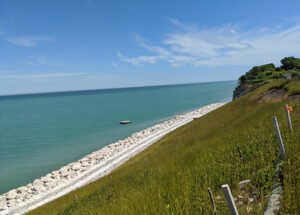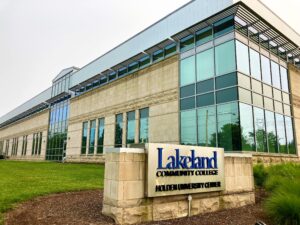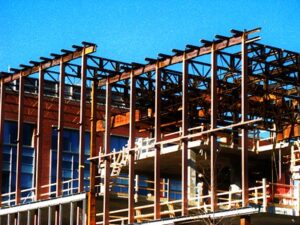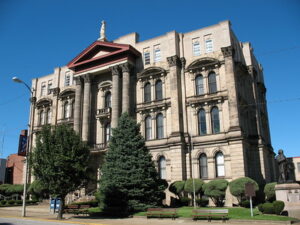Last week, the Washtenaw Community College Board of Trustees approved a $4 per credit hour tuition increase for in-district students. The move could potentially generate a maximum of about $1,000,000 if the enrollment and the number of credit hours stay the same. Currently, about half of WCC’s enrollment comes from outside of Washtenaw County.
Enrollment – both in terms of the number of students and the number of credit hours – has declined for the past several years. At the same time, WCC has developed a tuition schedule that heavily discounts tuition for out-of-district students who take online classes. This approach is grossly unfair to Washtenaw County resident students and Washtenaw County taxpayers.
We should not have to subsidize the tuition rates of students who do not live or work in Washtenaw County, and who have virtually no likelihood of contributing to the Washtenaw County economy. At the same time these students receive a discount for taking classes at WCC, in-district students pay a 28% premium over the in-district tuition rate to take online classes at their local community college.
The increase in tuition for in-district students could have been avoided entirely by raising the tuition of out-of-district students by $10 per credit hour instead of $5 per credit hour. That’s entirely fair, given the very generous subsidy these “guest students” receive from the Washtenaw County taxpayers.
If that was somehow unpalatable, the WCC administration could have raised the tuition of out-of-district students taking online classes by $5 per credit hour and also reduced spending next year by $500,000. Where are the savings from moving to more efficient HVAC systems going? How does the College intend to spend the $7M additional tax revenues it will take in next year?
Distance learning students should pay full tuition increase
How about making a commitment to avoid hiring additional executives? (Serious question: does WCC really need more vice presidents than any other mid-sized, single-campus community college in the United States?) And there’s always the possibility of increasing enrollment. But enrollment doesn’t increase when tuition goes up, so a tuition increase should always be the last resort.
Here’s a thought: going forward, use the increase in property tax payments to offset any increases in tuition for in-district students. So, say that WCC has 20,000 unduplicated students (it does not- that’s a generous assessment) and half of them are from Washtenaw County. In 2023, WCC expects to receive an additional $7M from Washtenaw County taxpayers. That amount would be sufficient to fully absorb a tuition increase of $4 per credit hour for any Washtenaw County in-district student. WCC would still receive a $6M increase in Washtenaw County property tax revenues. The non-resident students can pay the full tuition increase on their own if they wish to continue taking classes at WCC.
If the WCC Board of Trustees can subsidize out-of-district students by offering them an oh-so-generous subsidy for taking online classes, they can also provide a subsidy for the students who live, work, and pay taxes in Washtenaw County.
It’s really not that hard.
Photo Credit: truthout.org , via Flickr






















